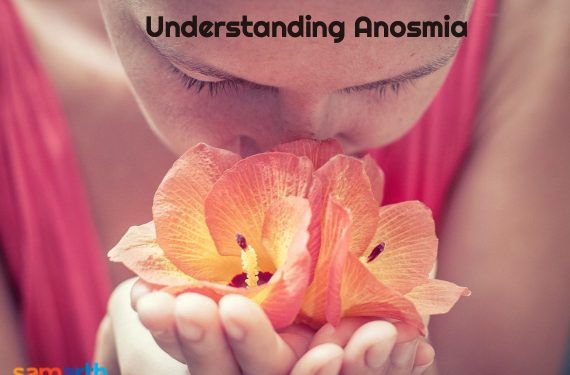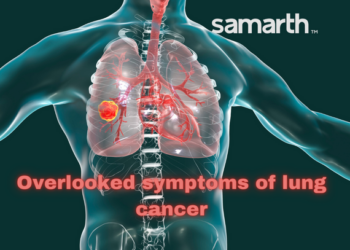This is not a common term that we have heard of; however, this refers to a common condition that we all have felt at some point in time. In recent times, this condition has gained more prominence, as this is said to be one distinctive condition of the Coronavirus. Anosmia is nothing other than the loss of smell, which also includes the loss of taste. Most of us would have felt it when suffering from cold and fever, or while taking some specific medications. It is mostly temporary and comes back to normal without any specific treatment. This has been the pattern observed in the case of the COVID-19 as well. As the patients recover, those who had this issue would also get their sense of smell and taste back.
However, experts have been quick to point out that having Anosmia does not necessarily mean that one has COVID-19. This is just one of the prominent symptoms that have been observed. Therefore, it means that Anosmia can occur due to many other health issues as well. Hence, it is important to diagnose this condition and understand the underlying causes. This can help the right treatment to happen promptly, and as we have seen in many cases, that can make all the difference.
Causes of Anosmia

Join Now >
Usually, this happens due to some swelling or blockage in the nose; or it could also be possible due to an issue in the system sending the nose signals to the brain. Some of the leading causes that result in this are:
- Cold
- Sinus infections
- Flu/Influenza
- Allergies like Rhinitis
There is a chance that even smoking can at times lead to such condition, though the most common cause is cold. In some rare cases, a tumour or deformities in the nose can also lead to this. That means that these obstructions are blocking the smell from reaching the top of the nose.
At times, a brain or nerve damage that is part of the system can also lead to this condition. These conditions can happen due to old age, brain tumours, Alzheimer’s disease, hormonal issues, Parkinson’s disease, epilepsy, diabetes, brain or head injury, stroke and so on. There is also the extremely rare case of people being born with this condition called congenital Anosmia.
Diagnosis and Treatment
Other than the common causes and diagnosis and treatment, if the problem doesn’t seem to be related to the common conditions, the doctor may advise some tests. The prescribed tests based on physical examination and questions asked may include CT/MRI scans, Skull X-Ray, nasal endoscopy, etc.
Treatment is based on the underlying conditions based on the test results. The most common form of treatment could be that for the cold, Rhinitis, allergies, Influenza, etc. These could clear the infections and the blockages to clear up the nose and get the sense of smell back. It may include antibiotics, decongestants, nasal sprays, antihistamines, etc. Smokers may be asked to give up on smoking as well. Those who are old may end up with this condition permanently, as it cannot be treated. Same is the case with the people born with this condition.
The most troubling issue relating to this could be eating less due to the lack of smell affecting the taste and hunger. The larger issue could be with these people not being able to a gas leak or burns, etc. Also, they should check thoroughly before eating any food, especially refrigerated ones, as they may not be able to smell the decomposed food. Care should be taken to ensure that they eat on time and in sufficient quantity so that they do not become underweight or have malnutrition, leading to other health issues.











